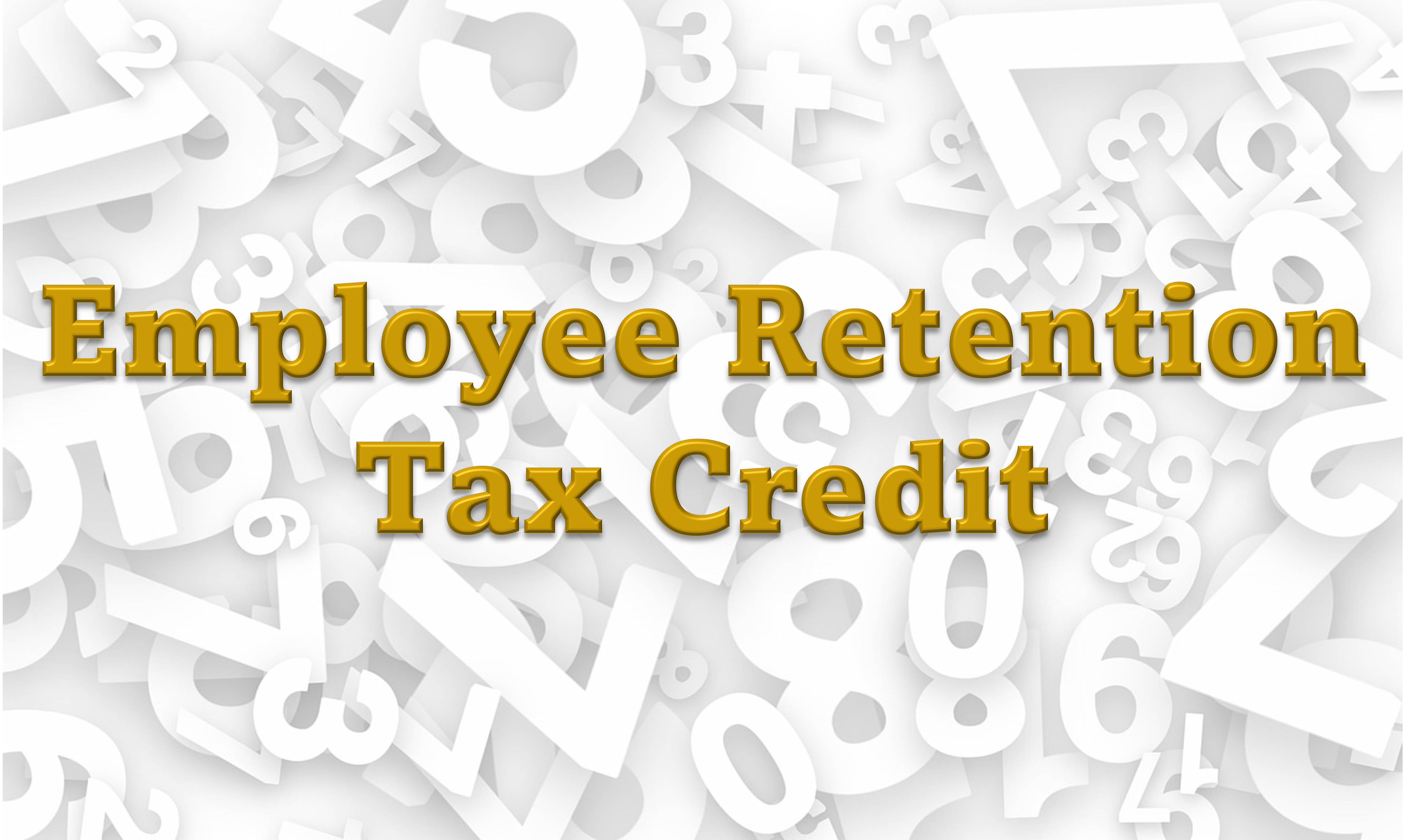Credit cards are a convenient tool for businesses to use in everyday operations; they allow a business to build or expand their credit history, as well as track spending. However, it’s easy to lose sight of how much (and what) is actually purchased on those credit cards if the data is not correctly or timely entered into the company’s accounting software.
There are several ways of entering credit card data in accounting software:
Lump-Sum entry via check payment
Entering credit card transactions in this manner occurs when recording the payment to the credit card company. The full amount of the payment is booked, with expense categories entered by line item.

One issue with this method is that there is no visibility on a specific transaction without referring to the credit card statement, which in turn does not allow for any cost or expense reports to be run by vendor. In addition, while this may seem to be a time-saving method of entry since there is only one entry being made, time will be spent grouping similar transactions and then adding them together to get to the total per expense item.
Lump-Sum entry via journal entry
As with the method above, this option does not
Using a Credit Card Module
Most accounting software programs have a credit card module, which will allow for transactional

data entry, similar to how transactions are recorded for bank account activity. This method allows for more detailed information and reporting, as well as an official account reconciliation in the accounting system. There is usually an option for direct data import, which once the file is set up, will give a more real-time view of the company’s expenditures.
Review and reconciliation of credit card transactions is something that should be done on a monthly basis. This ensures that first, all charges on the card belong to the business, and second, that management is aware of what expenditures are being made to operate the business.
If you find you are having issues with your credit card setup or would like more information, please feel free to contact us at Ahuja & Clark, PLLC at info@ahujaclark.comor call us at (469) 467-4660 and we will be happy to assist you.






